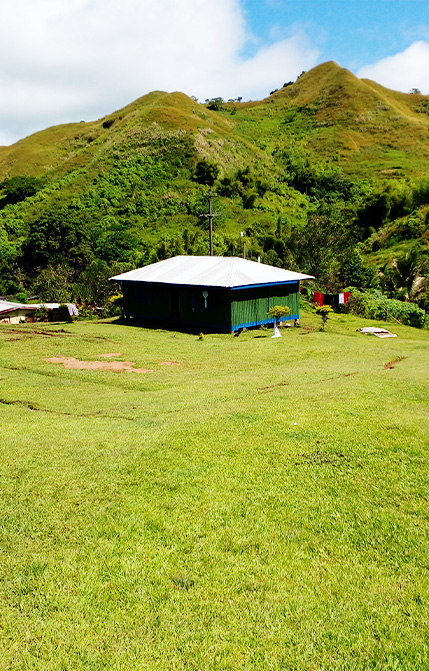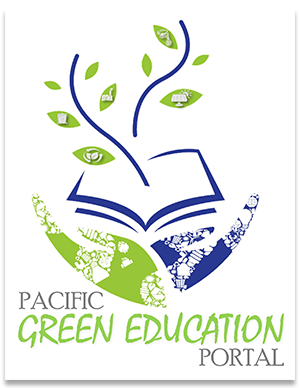Justification for Intervention
The Melanesian countries have the lowest levels of electrification (Fiji 89%, Vanuatu 29%, Solomon Islands 18% and PNG 10%) while having the most renewable energy resources in the Pacific region, including hydro, wind, solar, geothermal and biomass. Vanuatu and Solomon Islands are classified as Least Developed Countries. All four need to simultaneously boost economic growth, provide electricity access and meet national and international greenhouse gas emission targets under their climate change commitments. Green growth and renewable energy provide a means to achieve these aims.
It is important for the implementation of national development policies, including on green growth and renewable energy, that traditional/community leadership and national climate change and energy ministries are able to work together through access to shared information and knowledge. Both levels of leadership and governance have a role to play in implementing policies and managing projects, which will then contribute to the realization of renewable energy projects. Bottom-up approaches need to be combined with top-down policy-making to complement implementation of infrastructure on the ground. In the area of green growth and renewable energy, although these subjects have been promoted at the national level in Fiji, Vanuatu, Solomon Islands and PNG, with national policies and strategies in place, there have been limited resources to disseminate knowledge and training on green growth and renewable energy from national to local government, and to traditional/community leaders and also to local technicians and community project managers, whereas these groups must work in unison to introduce the changes needed for green growth and successful renewable energy implementation.

There are a number of training opportunities for the national level leadership and ministry personnel to acquire the knowledge necessary to recognize the pros and cons of green economy practices and successful implementation of renewable energy projects, it is less unlikely that local government officials and community/traditional leaders will have the opportunity to acquire this knowledge unless a deliberate attempt is made to deliver such knowledge to them. These groups will not often have the time or be able to afford to leave their jobs or occupations to attend a technical college or other formal training, for which they may need to leave their home base. Training needs to be adapted and delivered on-site or in nearby provincial centers in order to provide the opportunity to these groups to acquire knowledge “on -the-job”. The same applies for local technicians and community committees near to implemented or planned renewable energy projects. There is a lack of opportunities for financial management and O&M training at sub-national level and within communities to strengthen the implementation of ongoing and planned renewable energy projects. This kind of information and training needs to be disseminated across the Melanesian countries, but also to other Pacific islands countries and SIDS.

